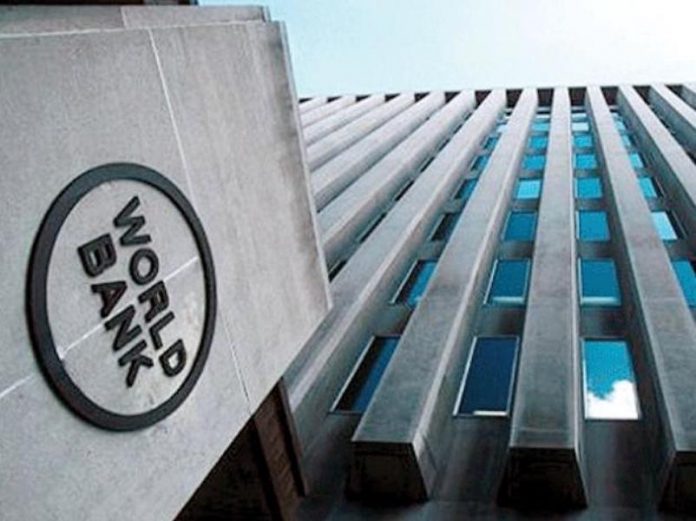The World Bank has outlined specific conditions that Nigeria must meet to avoid the potential cancellation of a significant $1.5 billion loan. This warning comes as part of the financing agreement for the Nigeria Reforms for Economic Stabilization to Enable Transformation (RESET) Development Policy Financing Program (DPF).
Details of the Loan Agreement
The $1.5 billion loan comprises two components:
- An International Development Association (IDA) credit of $750 million.
- An International Bank for Reconstruction and Development (IBRD) loan of $750 million.
The agreement, signed by Nigeria’s Minister of Finance, Wale Edun, and World Bank’s Acting Country Director for Nigeria, Taimur Samad, stipulates that Nigeria must adhere to specific requirements to access the loan funds.
Key Conditions for Loan Withdrawal
According to the World Bank, Nigeria can only withdraw funds if:
- Progress in implementing the program is satisfactory.
- The macroeconomic policy framework is deemed adequate.
- Key actions specified in the agreement have been taken.
If the World Bank finds Nigeria’s progress unsatisfactory after an exchange of views, it may issue a notice. Nigeria will then have 90 days to address the concerns, failing which the World Bank may cancel all or part of the unwithdrawn loan balance.
Required Reforms and Actions
The World Bank has identified several critical reforms and actions that Nigeria must undertake:
- Presidential Executive Order: Mandating that all fiscal transfers to the Federal Government, including those from crude oil sales and gasoline imports, be executed at the prevailing market exchange rate.
- Value-Added Tax (VAT) Reforms: Submitting a draft bill to the National Assembly to progressively increase the VAT rate to at least 12.5% by 2026 and allow input tax credits for capital and services.
- National Social Investment Program Bill: Submitting a revised bill to the National Assembly mandating the use of the national social registry as the primary targeting tool for social investment programs.
Loan Repayment Terms
IDA Credit Repayment Terms:
- Repayments start on October 15, 2030, and end on April 15, 2036.
- Equal installments of 8.33334% of the principal amount, with the final installment slightly adjusted to 8.33326%.
- Maximum commitment charge rate of 0.5% per annum on the unwithdrawn financing balance.
IBRD Loan Repayment Terms:
- Repayments start on October 15, 2035, and end on April 15, 2048.
- Each installment is 3.85% of the total principal amount, with a final installment of 3.75%.
- Front-end fee of 0.25% of the loan amount ($1,875,000).
- Commitment charge of 0.25% per annum on the unwithdrawn loan balance.
Current Progress and Expectations
Nigeria has made some progress, including increasing gasoline prices and beginning the implementation of cash transfer programs. However, continuous monitoring and strict adherence to the agreed reforms are necessary to ensure the continued availability of funds. The World Bank team will closely monitor Nigeria’s compliance with these conditions, emphasizing transparency and accountability through stringent audit and reporting requirements.
The government must demonstrate a strong commitment to these reforms to avoid losing the $1.5 billion loan, which is crucial for Nigeria’s economic stability and growth.











